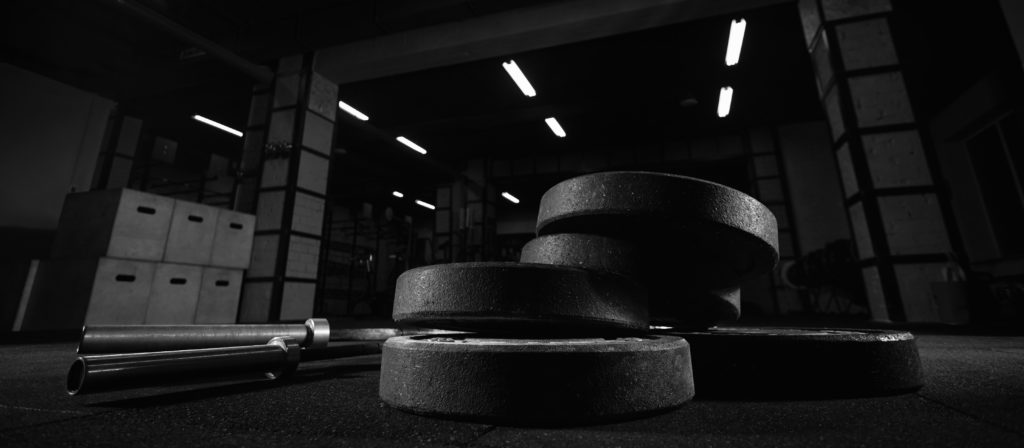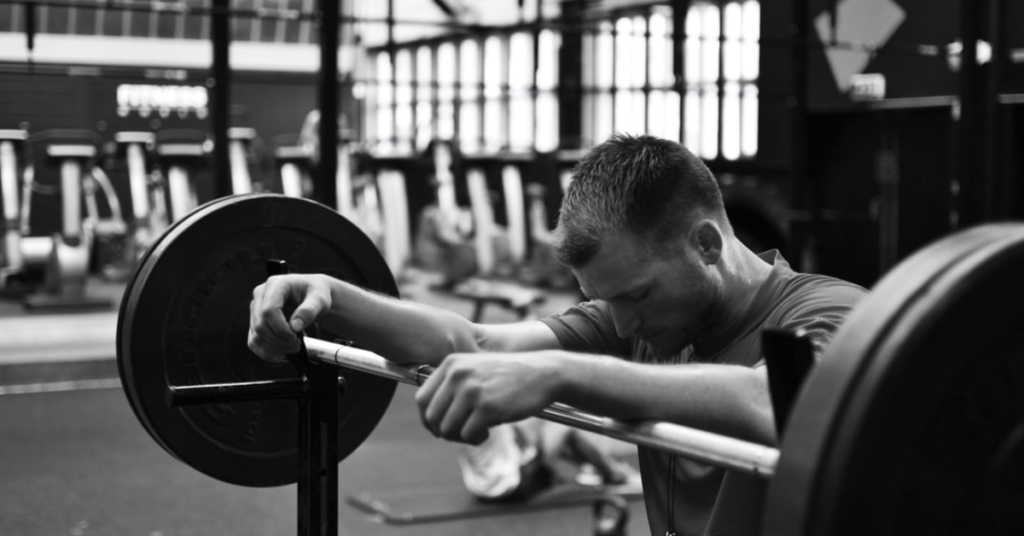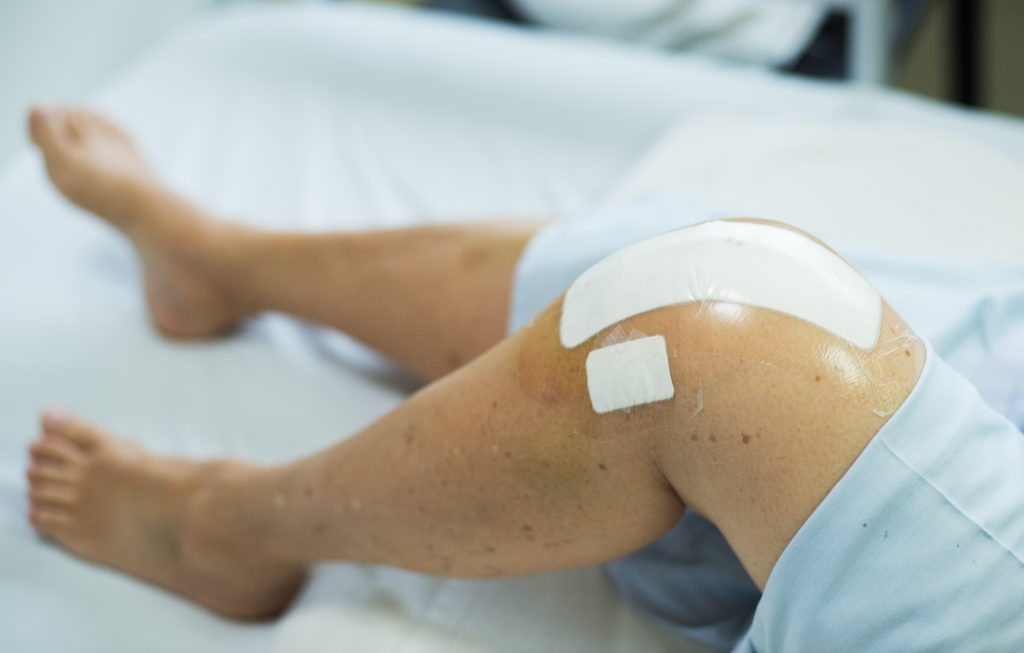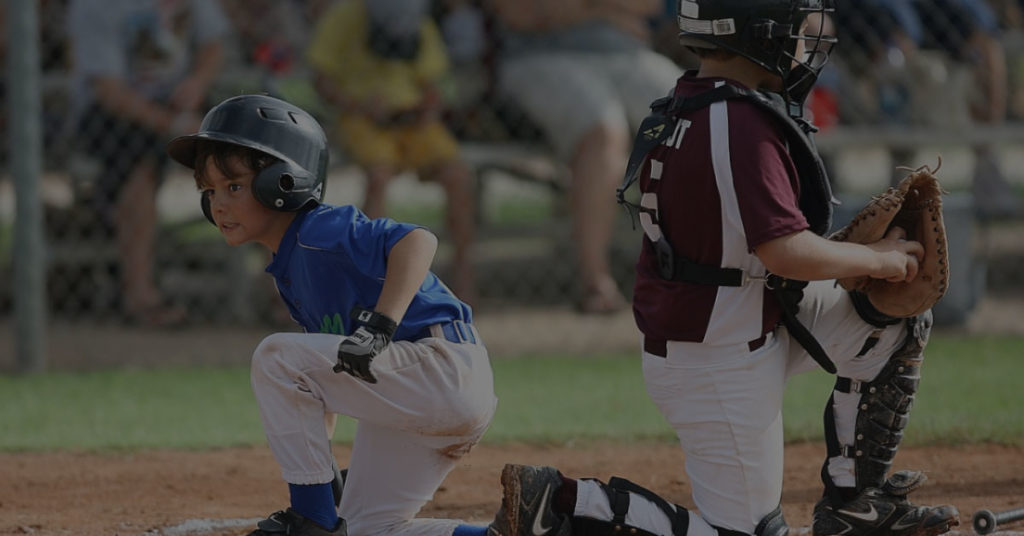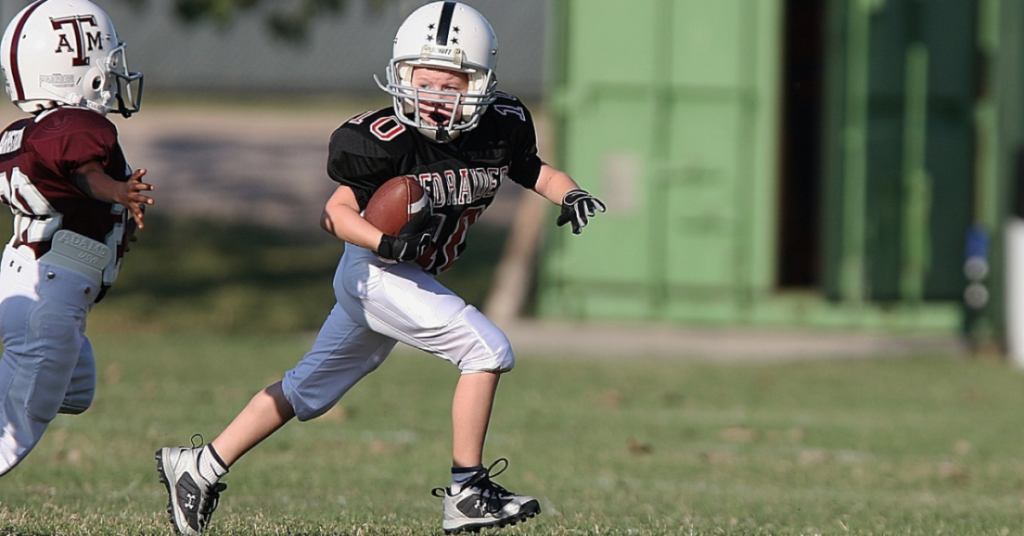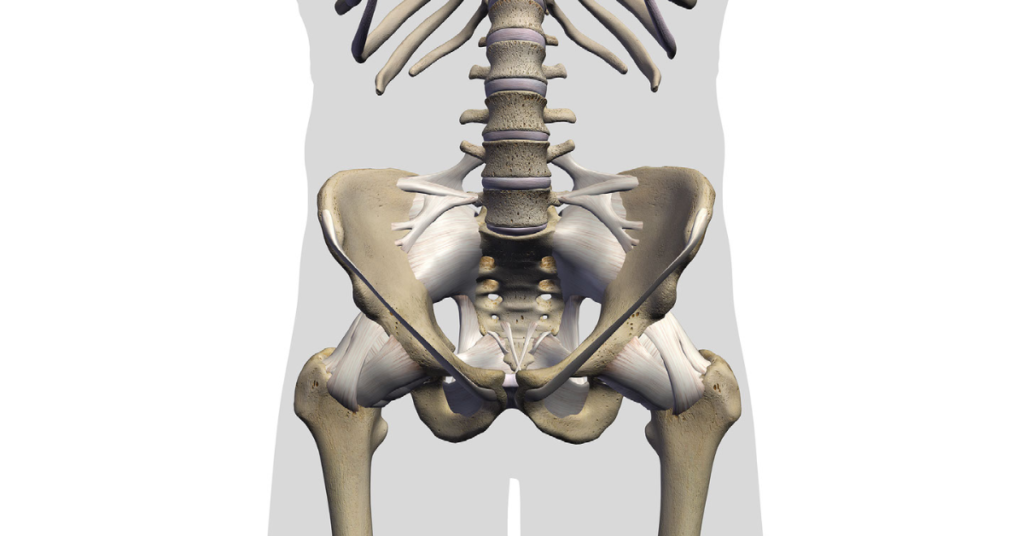
Training With Hip Pain Part II
In the first article of this series we provided an introduction to the hip, discussing anatomy as well as ideas about “normal” versus “abnormal” findings of the hip. Today we will move on to discuss the first of our common diagnostic categories for hip pain: Tendinopathy. For a general overview on tendinopathy, start HERE. For […]

